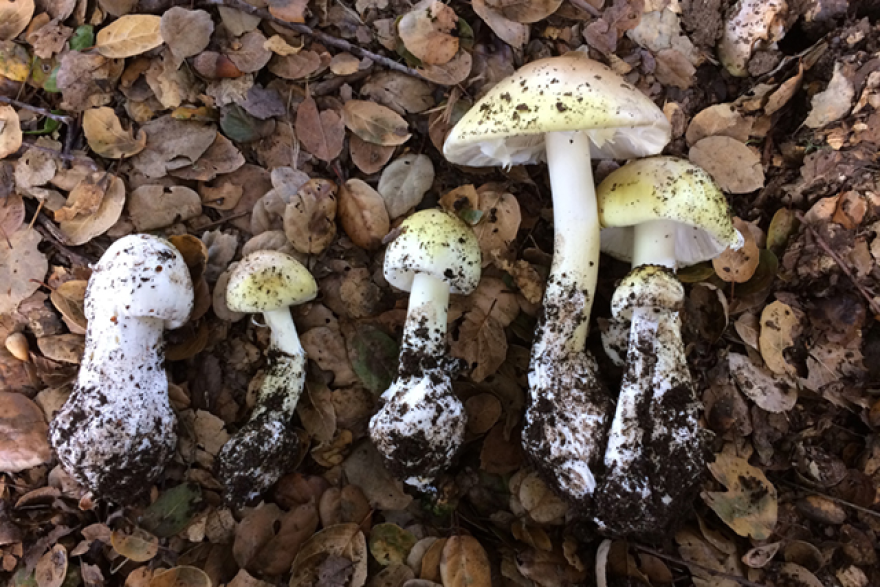Tuesday morning, Aug. 24, 2021
Southern Utah
Search For Unmarked Graves At Former Utah Native Boarding School
Researchers are planning to use ground-penetrating radar at the site of a former Indigenous boarding school in southern Utah where tribal leaders say there may be unmarked graves. According to The Salt Lake Tribune, tribal leaders and historians said there may be at least a dozen Paiute children buried in unmarked graves on school grounds located near Panguitch, Utah. Utah State University, which leases the site from the state, plans to survey and map the grounds before conducting radar scanning. U.S. Interior Secretary Deb Haaland announced in June that the United States will investigate its past oversight of Native American boarding schools. — Associated Press
Northern Utah
Climbers Weigh In On Canyon Traffic Plan
The Utah Department of Transportation is proposing two options to help reduce traffic in Little Cottonwood Canyon. One is a gondola system that would run from the base of the canyon up to ski resorts like Snowbird and Alta. The other includes an expanded bus service and widening roads. Julia Geisler, executive director of Salt Lake Climbers Alliance, said these proposals aren’t the answer and both options would threaten the roadside bouldering resources. “The cumulative effects of climbing and the impacts to our experience here will be quite detrimental,” Geisler said. “Not only [would] the noise increase from the road, but also the visual impacts from the gondola. [It would also] limit parking impacts to the trail networks that we've put in with the open back loop.” Read the full story. — Ivana Martinez
Arrest Made In “Band-Aid Bandit” Bank Robberies
The FBI has arrested an alleged serial bank robber. 32-year-old Cody Jensen of Herriman was taken into custody last week and charged with seven bank robberies across the Wasatch Front. Those included cases from December 2019 to August 2020. The FBI nicknamed the robber “the Band-Aid bandit” because he had band-aids on his fingers during the hold-ups. Jensen’s first court appearance is scheduled for Aug. 31. — Elaine Clark
Wild Mushrooms? Probably Not
A new study found that food labels that claim to have wild mushrooms as an ingredient rarely actually do. The University of Utah and the Natural History Museum of Utah looked at 16 “wild mushroom” food products from an online retailer and Salt Lake area grocery stores. DNA tests showed only five of them contained the wild mushrooms. The rest were cultivated species like shitake or portobello. One sample included the poisonous “Death Cap” mushroom which can cause renal failure in humans. Researchers said they weren’t surprised. The regulations on mushroom sales vary widely from country to country, and only 31 U.S. states have any regulations at all. — Elaine Clark
Region/Nation
Biden Continues Former Administration’s Wolf Policies
President Joe Biden won’t be reinstating gray wolf protections. The administration plans to stick with former President Donald Trump's decision to lift protections across most of the U.S. But a top federal wildlife official on Friday told The Associated Press there is growing concern over aggressive hunting and trapping for the animals in the Great Lakes and northern Rocky Mountains. U.S. Fish and Wildlife Service Assistant Director for Ecological Services Gary Frazer suggested the agency could intervene if wolf populations suffer declines that could again threaten them with extinction. Idaho, Montana and Wisconsin have adopted new rules intended to drive down the predator's numbers. Gray wolves rebounded in parts of the U.S. over the past several decades from widespread extermination in the 1900s. — Associated Press


